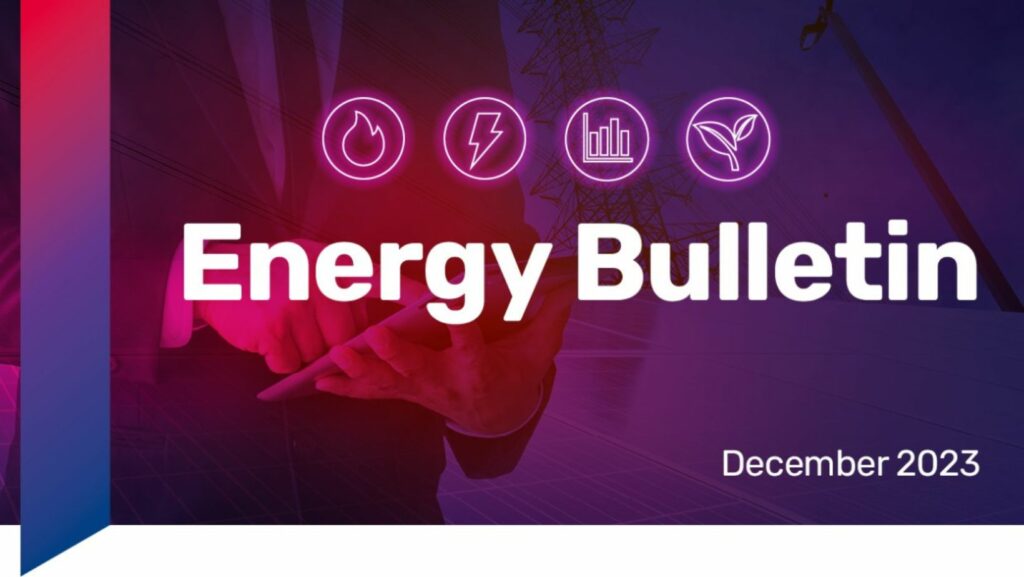Rising energy bills and a continuing energy crisis pose substantial challenges to companies throughout the UK. Addressing these business energy concerns necessitates more informed judgments and creative solutions. Working with a corporate energy professional, such as a commercial energy broker or consultant, may help organisations save money, improve efficiency, and contribute to a more sustainable future.
The Current Energy Landscape
Businesses are battling high energy expenditures due to inflation and variable energy prices. These concerns affect the public and private sectors, with heating and power bills playing a major role. The challenges to energy consumption management for businesses are considerable but not insurmountable.
Addressing these difficulties would need a combination of energy efficiency measures, smart investments, and professional assistance. A business energy broker can help you navigate the intricacies of the energy market and identify cost-effective solutions suited to your unique requirements.
Key Energy Challenges for Businesses
High Energy Costs
Rising energy prices influence operating budgets, making it difficult for many firms to survive.
Environmental Pressures
Companies are under growing pressure to lower their carbon footprint and support global efforts to battle climate change.
Technological Barriers
A lack of expertise and access to cutting-edge technologies might make it challenging to execute efficient energy-saving measures.
Infrastructure Issues
Many organisations operate in older buildings with outdated infrastructure, making it challenging to cut energy use.
Inflation and Uncertainty
Economic pressures and unexpected market movements make long-term planning more difficult.
Solutions for Overcoming Energy Challenges
1. Investing in Energy Efficiency Measures
Energy efficiency is the cornerstone of addressing energy issues. Upgrades to energy-efficient heating systems, improved building insulation, and the adoption of smart technologies can all help to cut energy use dramatically.
Smart Meters and Controls
These devices give real-time data, allowing organisations to monitor and optimise energy consumption.
LED Lighting
Switching to LED lights saves power.
Heating Solutions
Efficient heating systems save energy expenses while preserving comfort.
2. Cooperating with Energy Experts
Working with commercial energy consultants and brokers ensures businesses receive experienced advice and customised solutions. These professions offer services such as:
Energy Audits
Identifying inefficiencies and opportunities for improvement.
Energy Procurement
Energy procurement entails securing the finest energy supply contracts.
Renewable Energy Integration
Guiding the use of renewable energy sources such as wind and solar power.
3. Supporting Renewable Energy
Renewable energy solves environmental problems and provides long-term financial savings. Due to government subsidies and lower technical prices, renewable installations, such as solar panels and wind turbines, are becoming more affordable.
4. Capitalising on Innovation and Technology
Emerging technologies are critical in solving energy concerns. Businesses may invest in smart thermostats, energy-efficient equipment, and automation systems. These improvements boost production, cut waste, and slash energy expenses.
5. Effective Energy Management
Setting specific targets, monitoring progress, and altering techniques as needed are all part of effective energy management. Collaboration with specialists ensures that organisations stay forward-thinking and flexible.
The Advantages of Addressing Energy Challenges
Cost Savings
Lowering energy expenses frees up funds for additional projects.
Reduced Emissions
Helping to achieve global climate goals while improving company image.
Increased Productivity
Efficient systems promote worker comfort and performance.
Sustainable Growth
Working towards a more sustainable future promotes long-term resilience.
Implementation Barriers
Despite the benefits, some firms confront problems in implementing energy solutions. Some examples are:
Initial Costs
New systems and technologies require a significant initial expenditure.
Knowledge Gaps
People are unaware of all the possibilities open to them.
Economic Pressures
Juggling energy initiatives with other financial goals.
To overcome these obstacles, industry professionals, government programs, and collaborative efforts among member states must all work together.
Steps to a Sustainable Future
Assess Current Energy Use
Conduct audits to understand energy use trends better.
Engage Experts
For personalised assistance, visit a business energy broker or consultant.
Focus on Efficiency
Prioritise interventions with immediate and large benefits.
Plan for the Long Term
Long-term planning includes setting attainable targets for lowering energy prices and emissions.
FAQs
1. What is the role of a commercial energy broker?
A broker assists businesses in discovering the best energy bargains, negotiating contracts, and managing supplier relationships.
2. What strategies may businesses use to save energy costs?
Implement energy-efficiency measures, migrate to renewable energy, and use smart technologies to optimise energy use.
3. Are renewable energy options economically viable?
Yes, while the initial costs may be considerable, renewable solutions provide significant long-term savings and environmental advantages.
4. What function do energy consultants play?
Energy consultants advise on improving energy efficiency, cutting expenses, and implementing sustainable practices.
5. What are some cost-effective ways for businesses to solve energy challenges?
Begin with low-cost options such as upgrading to LED lighting, boosting insulation, and optimising heating and cooling systems.
Conclusion
Overcoming company energy difficulties is critical for long-term sustainability and success in today’s market. Businesses may efficiently handle the energy crisis by implementing energy-efficient measures, using professional help, and embracing innovation.  Investing in better decisions today guarantees a brighter, more sustainable future for businesses, communities, and the environment. These efforts reduce operational costs and position companies as leaders in the global transition towards cleaner and more responsible energy practices.
Investing in better decisions today guarantees a brighter, more sustainable future for businesses, communities, and the environment. These efforts reduce operational costs and position companies as leaders in the global transition towards cleaner and more responsible energy practices.
